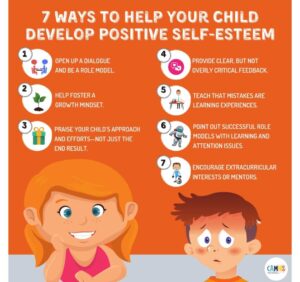A Child’s voice is their greatest tool for confidence, safety, and growth. But are we teaching them how to use it? Children need more than school lessons to thrive. They also need the courage to speak up and stand up for themselves. A strong voice gives them confidence, protects them from harm, and prepares them for future leadership.
Why Kids Should Learn to Speak Up
Builds Confidence and Self-Worth
When children share their thoughts, they learn that their voice matters. Each time they speak up, they build trust in themselves. This confidence stays with them into adulthood.

Protects Against Bullying and Exploitation
Bullies target silence. A child who can firmly say “no” or report bad behavior is harder to intimidate. Speaking up also helps protect children from unsafe situations.
“This video highlights practical ways kids can deal with bullying—an important reminder of why teaching them to use their voice matters.”
Improves Communication and Relationships
Strong communication builds healthy friendships and family bonds. A child who can say, “I felt left out,” is more likely to solve conflicts than one who stays quiet. Speaking out also teaches empathy and respect for others’ feelings.
Encourages Independence and Critical Thinking
Children who learn self-advocacy think for themselves. They are less likely to follow the crowd or give in to peer pressure. Instead, they weigh choices and make decisions with confidence.
Prepares Kids for Leadership and Success
Future leaders start by using their voices in small ways. Classroom debates, sharing ideas, and asking questions prepare children for leadership roles later in life. A child who stands up for themselves today may stand up for others tomorrow.
Supports Mental Health and Resilience
Silence often adds stress. Children who hide their feelings may struggle with anxiety or sadness. But children who can say, “I’m overwhelmed” or “I need help” are more likely to get support. Speaking out lightens emotional burdens and builds resilience.
Empowers Children to Make a Difference
Self-advocacy doesn’t stop at personal needs. Kids who find their voice also learn to speak up for fairness and justice. Many youth-led campaigns, from climate action to anti-bullying movements, started with kids brave enough to speak out.

Practical Ways to Teach Kids Self-Advocacy
-
Encourage open conversations at home – let children share their views.
-
Role-play real situations – practice saying no or reporting bullying.
-
Teach assertive, not aggressive, speech – firm but respectful.
-
Affirm their opinions – remind them their voice matters.
-
Model the behavior – show them how you advocate for yourself.
Conclusion
When children learn to speak out, they learn to believe in themselves. And when they believe in themselves, the world becomes a place of possibilities rather than fear. Let’s give them that gift. Confidence doesn’t grow overnight—it’s built through daily habits and encouragement. If you’d like to explore more on how students can develop habit for success, check out my earlier post on5 Habits of Successful Students to Thrive Every Semester . Together, these lessons can help raise stronger, more resilient young people.”
Related Article:https://www.understood.org/en/articles/10-ways-to-help-shy-children-self-advocate

